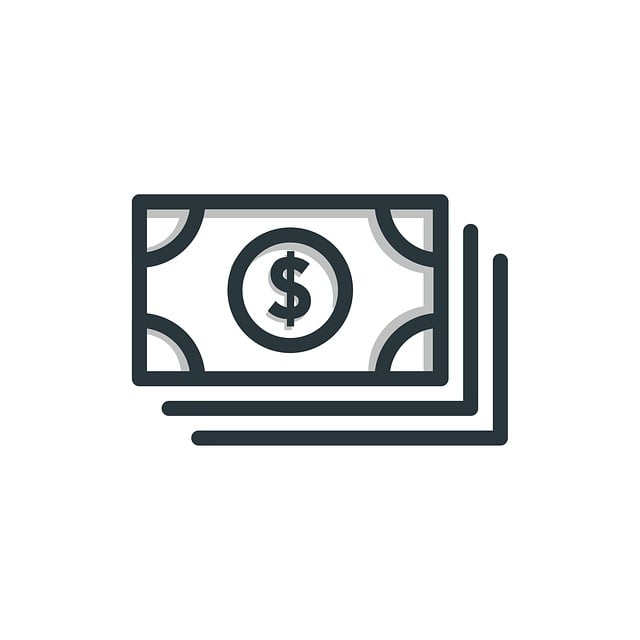Unemployment brings financial instability, causing cash flow strain and debt issues. Debt Consolidation Loans provide a strategic solution by combining multiple high-interest debts into one lower-interest loan, simplifying management and reducing monthly payments. To apply, individuals must meet eligibility criteria, including stable income, good creditworthiness, and manageable debt-to-income ratios. By prioritizing repayment with a structured plan, focusing on interest rates, and reviewing budgets, borrowers can regain control over their finances during challenging times, ultimately fostering economic stability.
Unemployment can wreak havoc on financial stability, leading many to turn to personal loans for relief. In such challenging times, understanding Debt Consolidation Loans becomes crucial for managing multiple debts and regaining control. This article guides you through the process of consolidating bills and loans, offering insights into the benefits and strategies for efficient repayment. By exploring these options, individuals can simplify their finances and take proactive steps towards financial recovery.
Understanding Unemployment and Its Impact on Financial Stability
Unemployment can significantly disrupt an individual’s financial stability, leading to a cascade of challenges. When one loses their source of income, it becomes difficult to meet daily expenses and manage existing debt obligations. This is especially true for those relying on fixed or regular paychecks. The immediate effect is often a strain on cash flow, causing individuals to fall behind on bills, including mortgage payments, rent, utilities, and even basic necessities like food and healthcare. As a result, many turn to Debt Consolidation Loans as a means of regaining control over their finances.
This crisis can have long-term consequences if left unaddressed. Rising debt and the inability to cover living expenses can push individuals into a cycle of financial strain, potentially leading to credit score deterioration and even bankruptcy. Therefore, understanding unemployment’s impact is crucial in appreciating the need for effective solutions like Debt Consolidation Loans, which offer a strategic approach to managing and ultimately overcoming financial instability during such difficult times.
The Role of Debt Consolidation Loans in Managing Multiple Debts
How to Qualify for Personal Loans for Debt Consolidation
When considering debt consolidation loans, understanding your eligibility is a crucial first step. Lenders will assess your financial health and ability to repay before offering approval. Key factors in qualifying include having a stable source of income, such as employment or social security benefits, and demonstrating good creditworthiness. A credit score above 600 typically improves your chances significantly. Lenders prefer to see consistent employment history and a manageable debt-to-income ratio.
To apply for a debt consolidation loan, gather essential documents like recent pay stubs, tax returns, and identification. Be prepared to disclose details about existing debts and the purpose of the loan—in this case, to consolidate and manage them more effectively. Transparency builds trust with lenders, increasing your chances of securing favorable loan terms tailored to your specific financial situation.
Benefits of Consolidating Bills and Loans: Simplifying Your Finances
Debt consolidation loans can be a powerful tool for managing unemployment and overwhelming personal debt. By combining multiple high-interest debts into a single, lower-interest loan, individuals can simplify their financial situation significantly. This clarity is invaluable when navigating challenging economic times; it allows for better tracking of expenses and payments, making it easier to stay on top of financial commitments.
Simplifying finances through debt consolidation offers several advantages. It reduces the burden of multiple monthly payments, easing stress and saving time. Moreover, a consolidated loan often has a longer repayment period, which can lower monthly payments and provide some financial breathing room. This strategic approach to debt management empowers individuals to regain control over their finances, fostering a sense of stability during uncertain periods like unemployment.
Strategies for Repaying Consolidated Debts Efficiently
When consolidating debts, creating a structured plan is essential for efficient repayment. The first step involves prioritizing loans based on interest rates; lower-interest debt should be tackled first to minimize overall costs. A popular strategy is the ‘snowball method,’ where you pay off the smallest balance first, gaining quick wins and momentum. This approach can boost motivation throughout the repayment journey.
Once smaller debts are cleared, focus on higher-interest loans aggressively. Allocate as much extra money as possible towards these to reduce their impact quickly. Regularly reviewing and adjusting your budget is key; as debt decreases, reallocate savings towards high-interest payments. Debt consolidation loans provide a fresh start, but responsible management ensures you overcome unemployment challenges with reduced financial strain.
Unemployment can wreak havoc on personal finances, but understanding how debt consolidation loans can help manage multiple debts is a crucial step towards financial stability. By consolidating bills and loans, individuals can simplify their financial obligations, reduce interest rates, and gain control over their money. Qualifying for these loans requires careful consideration of one’s financial situation, but the benefits, including efficient repayment strategies, make it a viable option to overcome debt and move forward with confidence.
